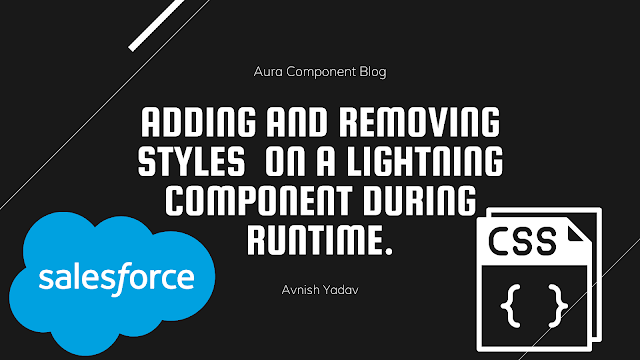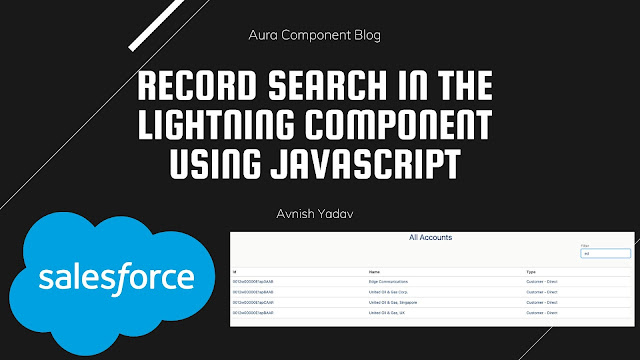Meta Tag Explained
A meta tag is a piece of HTML code that contains information about the website it is written for. The meta tag code has no baring on how the page looks but instead gives the page an “Identity”. It is this “identity” that allows web crawlers to index your site easier amongst search engines. It should be noted that over the last few years that have passed a few bigger search engines such as Google no longer hold all the meta tags available for use in such high regard. However, this isn’t to say that you shouldn’t use them. This blog post aims to cover what each meta tag does for your site and how important it is on using that particular meta tag. For example, the keywords and description tags are very important but the author tag has no baring on search engine optimisation (SEO).
Meta Name Description
Importance: High
Importance: High
This tag allows you to explain to your visitors in a few short sentences what your site is all about. Have you ever wondered where Google or Yahoo get the short bits of text under the links when you search for stuff? Well this is all from your meta description tag. This means that you have a direct input on peoples first impression of your site and you can influence whether or not they are going to click your link.
<meta name = “description” content = “yourtexthere” >
In the above example you should replace “yourtexthere” with a short bit of text describing what your web page is all about. Try to keep it short and sweet as you want it to be catchy but don’t make it too short or it will won’t be descriptive enough. If aren’t sure on what your should write or how much to write then why not go and do some searching of your own? Type in some popular websites into some search engines and see how those sites describe themselves. BBC news for example uses the follow “Visit BBC News for up-to-the-minute news, breaking news, video, audio and feature stories. BBC News provides trusted World and UK news”. One final thing about this tag is that you should use it on every web page on your website. Do not limit it to just the homepage and try to make it different for each page as each page will be different after all. Remember, the description tag is basically an identity tag and each page should have its own identity.
Meta Name Keywords
Importance: Medium
Importance: Medium
This tag is pretty self-explanatory, you use keywords to describe what your web page is in a nutshell. What do I mean by this? Well lets use a bit of an analogy; if I asked you to describe yourself in 10 words what would you say? You aren’t allowed to use full sentences, just words. Now apply the same thinking to your web page.
<meta name = "keywords" content = "yourkeywordshere" >
Once again, in the above example replace “yourkeywordshere” with what you want your web page’s keywords to be. You should use a comma to separate each different keyword, for example “description, keyword, meta”. It should be noted that since the turn of the century support for meta keywords has either been dropped or their importance has been reduced. This means that search engine giants such as Google and Bing no longer look at your keywords in the same way they did before, however, smaller search engines still do. It should also be noted that while Google no longer take any consideration into your web page’s keywords, Yahoo does. But, and this is a big but, the keywords will only be used if they match what is in that web page’s text. So if you have written a web page all about meta tags like this one, there is no point me putting in tags such as “David Beckham” or “Harold and Kumar” instead I would use words that I have put in this blog post such as “meta tags” and “keywords”. Personally, I will continue to use the keywords tag on all my web pages.
Meta Name Robots
Importance: Medium
Importance: Medium
This tag allows you to tell web-crawlers/spiders which pages of your website you want to be indexed within that search engine. This allows you to keep certain parts of your site out of search engine indexing but also confirmed which pages you do want to be indexed.
<meta name = “robots” content = “your_choice_here” >
When it comes to this meta tag there are three different choices you have, they are the following;
- <meta name =“robots” content = “index, nofollow” > – Index the current page only, do not index the rest of the website.
- <meta name =“robots” content = “noindex, follow” > – Do not index the current page but do look through the rest of the pages on the website.
- <meta name =“robots” content = “noindex, nofollow” > – Index nothing on this web page or further web pages on this website.
So as you can see this is pretty simple tag to understand. I would suggest that the third option isn’t the best way to stop certain parts of your site being indexed by search engines, I would instead suggest using the robots.txt file. I’ll write a post about that at some point but for now I would suggest going here.
Meta Name Language
Importance: Low
Importance: Low
This tag simply explains to search engines and web browsers what language your website is in. Often, this is used when a website is written in more the one language, e.g. English and Welsh.
<meta name = “language” content = “your_language_choice” >
Simply replace, your_language_choice with whatever language your website is written in.
I think that’s a lot to take in for one go so I’ll leave it there for today. I’ll write about some of the other common meta tags in my next post.
Thanks.
Thanks.
.png)







